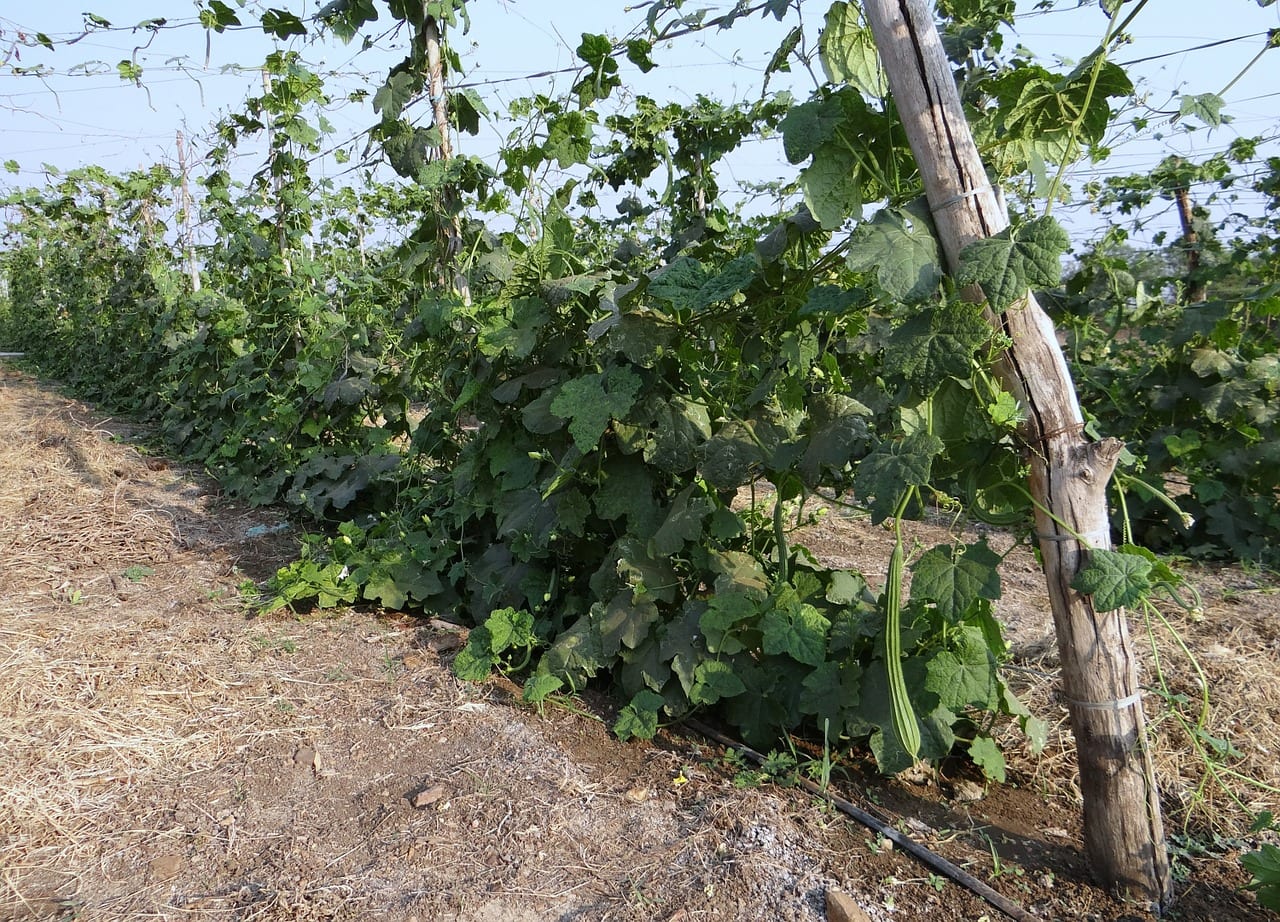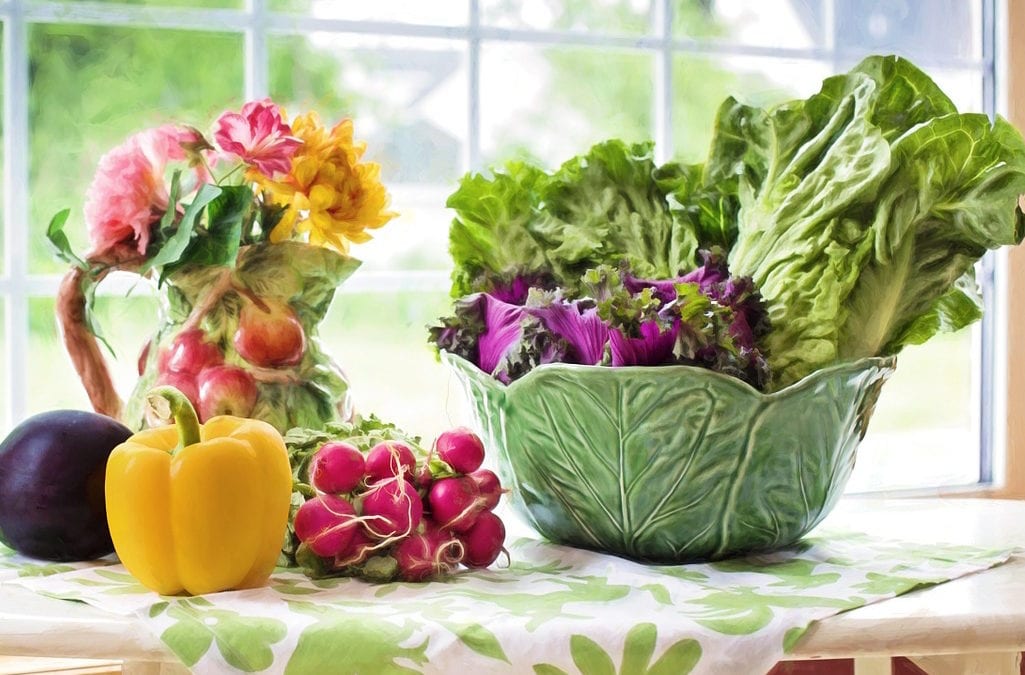Spring vegetables are being bought and planted at a frenetic pace this spring, so we just wanted to give you a few tips and hacks that might be helpful to think about during the early stages growing your vegetables.
Tips and Hacks for Vegetables
Sprinkling a handful of horticultural cornmeal around the base of each vegetable plant can help prevent fungal diseases that are brought on by cloudy, wet weather. You can also make a anti-fungal brew with horticultural cornmeal to spray your vegetable plants with after extended rainy periods. Just soak 1/2 cup of horticultural cornmeal in a gallon of water overnight, strain and pour into a sprayer.
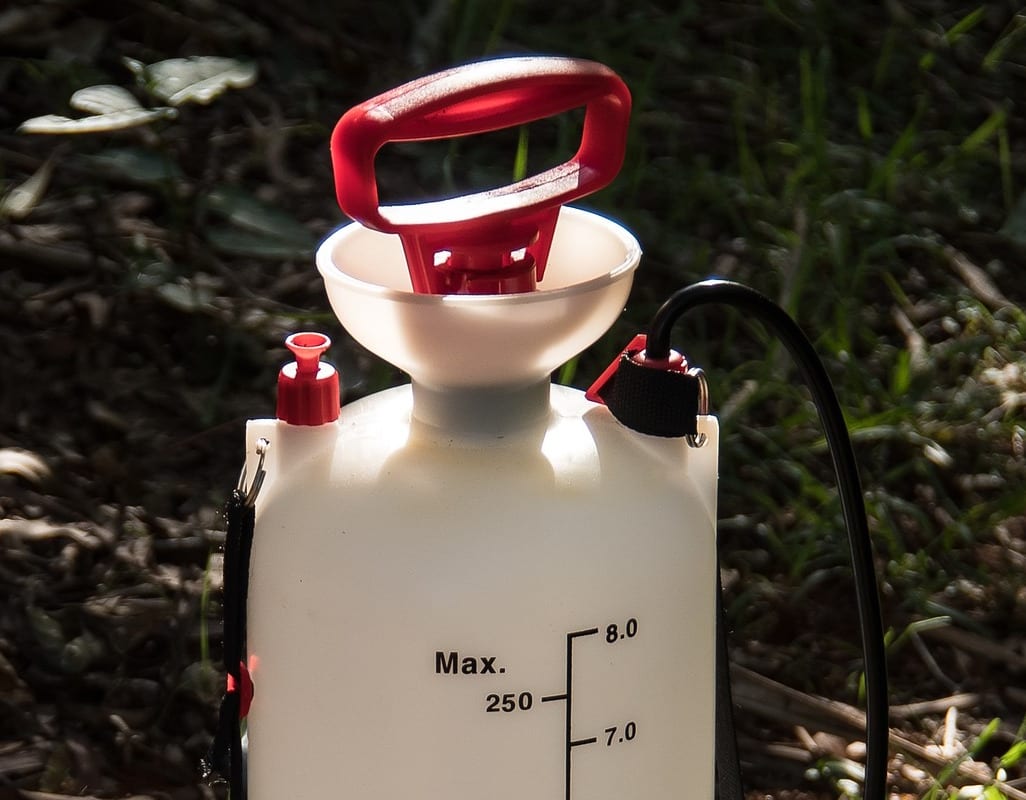

New vegetable transplants in the garden are vulnerable to cutworms chomping their way through tender stems. Save yourself some heartache right from the beginning. Cut cardboard toilet paper rolls to the length of the stem of your veggie transplant, make a vertical slit so you can open the roll and place it around the stem and push the cardboard slightly into the soil. This creates a physical barrier that the cutworms can get through, and protects your precious vegetable transplants.
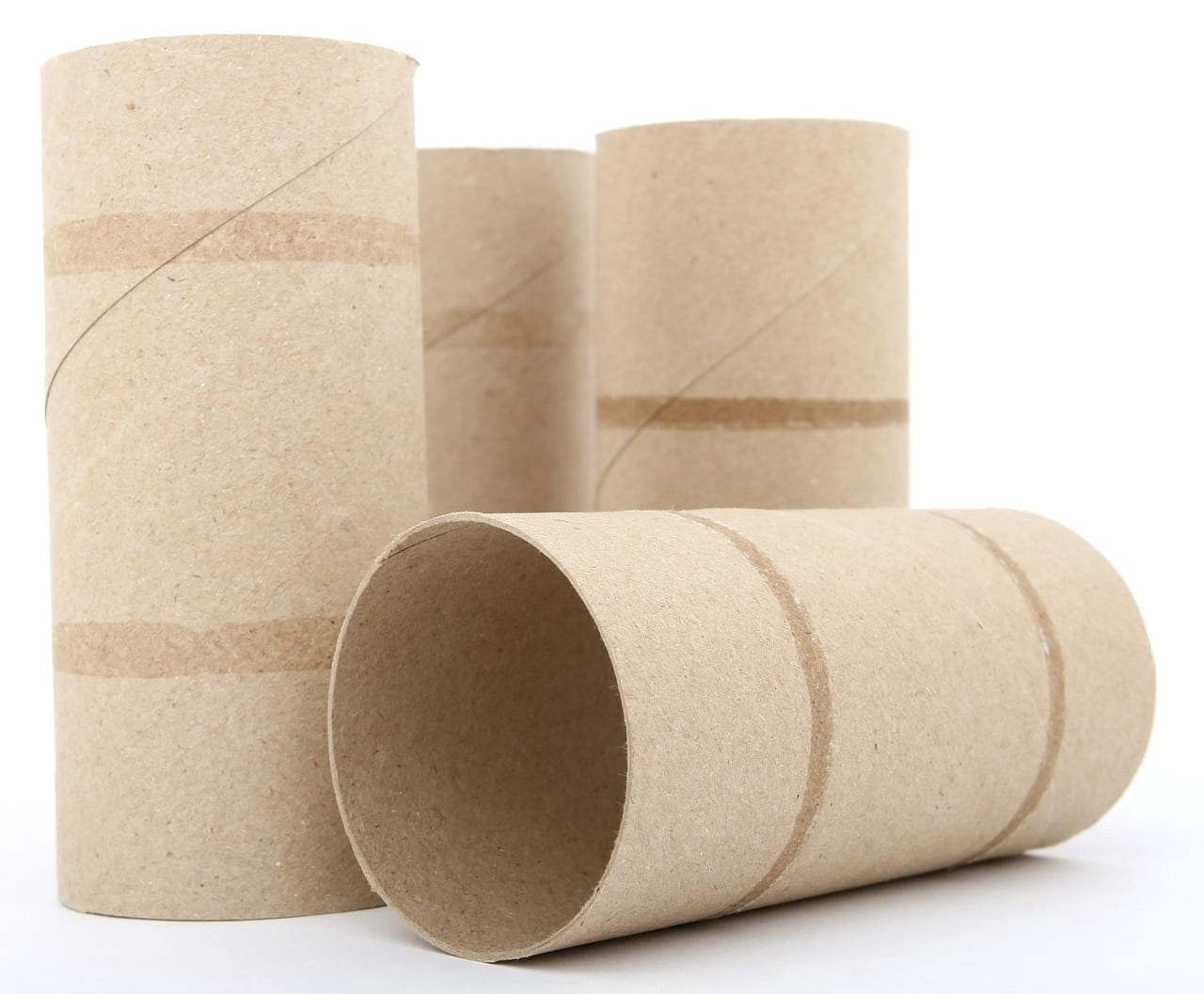

If you’re still planting vegetable by seed, keep up with thinning the seedlings so your vegetables will have the correct spacing they need at maturity. For root vegetables, use scissors to cut away some of the seedlings just below the soil so you don’t risk damaging the roots of the seedlings that are staying behind. Veggies that need thinning are: lettuce, onions, spinach (these can just be pulled out) and carrots, beets, parsnips, radishes (take caution when thinning, use the scissor method as described above).
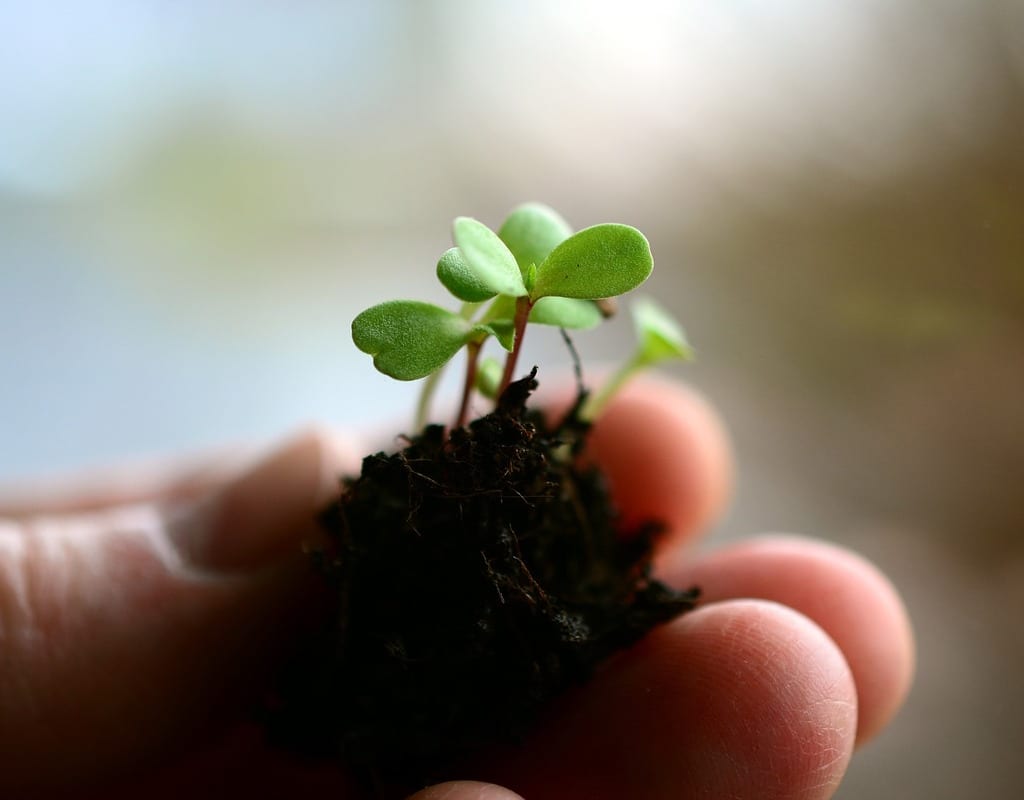

If your vegetables are past the transplant stage, you may need to start thinking of adding some support to keep them from breaking in strong winds or toppling over from being heavy with fruits (hopefully). You can gently tie vegetable plants to a stake, fit a wire tomato cage around them or make a tee pee out of bamboo poles. The options for support structures are endless. Supports also free up area in your garden if you are tight on space; cucumbers, zucchini, tomatoes, peas, beans, blackberries, raspberries, and grapes, and more can be grown vertically.
